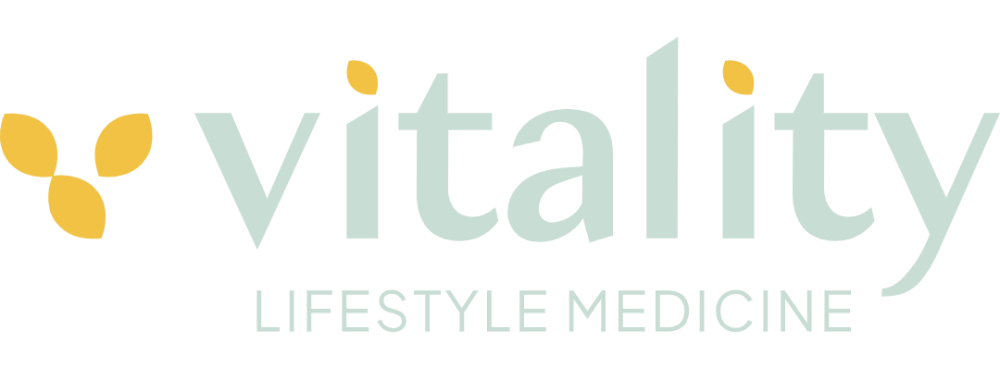Why Your Gut Could Be Behind Your Midlife Energy Slump
Oct 27, 2025
If you’ve ever thought, “I’m not doing anything differently, so why am I so tired?” — you’re not alone.
Women in their 40s, 50s and beyond tell me this all the time.
You’re eating much the same, exercising the same, sleeping the same — yet your energy levels have taken a nosedive. A big part of the answer could be living inside your gut.
Your gut is more than digestion
We often think of the gut as a glorified food processor, in goes the food, out comes the nutrients, but the reality is more complex.
Your gut is home to trillions of microbes, bacteria, fungi, and even viruses, all with specific jobs. Some are like teachers, training your immune system. Others are like waste collectors, clearing out toxins. Some are master chefs, helping you extract nutrients and even making vitamins like B12 and K.
When this community is thriving, it’s like a well-run city: every worker doing their job, streets flowing smoothly. But when stress, ultra-processed foods, antibiotics or lack of sleep hit, it’s like firing half the workers, rubbish piles up, traffic jams form, and chaos creeps in.
And chaos in the gut doesn’t stay in the gut. It shows up in your energy.
Gut health and your energy levels
Here’s how your gut directly affects how energised (or exhausted) you feel:
- Nutrient absorption: Iron, B vitamins, and magnesium, all critical for energy, rely on a healthy gut lining and good bacteria. If your gut isn’t absorbing properly, your cells don’t get the fuel they need.
- Blood sugar regulation: A diverse microbiome helps regulate how your body processes carbohydrates. An unhappy gut can lead to more spikes and crashes (hello, 3 pm slump).
- Inflammation: When gut balance is off, the lining can become “leaky,” letting irritants into the bloodstream. Your immune system responds with low-grade inflammation, which is a massive energy drain.
- The gut-brain axis: Your gut makes around 90% of your serotonin and a big chunk of your dopamine, the feel-good, motivation-driving neurotransmitters. An unhealthy gut can leave you flat, foggy, and fatigued.
Why midlife makes it trickier
Hormonal shifts in perimenopause and menopause add another layer of complexity.
Estrogen helps protect the gut lining and supports a diverse microbiome. As levels drop, women are more prone to digestive issues, food sensitivities, and inflammation, all of which can magnify fatigue. Combine that with stress, patchy sleep, and the ever-present mental load, and it’s no wonder your energy feels like it’s evaporating.
Practical steps to boost gut health and energy
You don’t need fancy powders or a suitcase of supplements. Start with these simple, evidence-backed shifts:
- Eat more plants
Aim for variety: fruit, veg, legumes, nuts, seeds, whole grains. Each feeds different bacteria, and diversity is the goal. See if you can eat 30 different plants during the week, including nuts, herbs, seeds and legumes. - Prioritise fibre
Fibre is your gut microbes’ favourite food. Most women only get about half of what they need. Think lentils, oats, beans, apples, and leafy greens. Aim for about 25-30g per day. - Include fermented foods
Yoghurt with live cultures, kefir, sauerkraut, kimchi, and miso: these bring friendly bacteria straight into the system. - Cut back on ultra-processed foods
They starve good microbes and feed the less-helpful ones. Swap packaged snacks for whole food alternatives. - Manage stress and sleep
Your microbes are just as sensitive to stress hormones and lack of rest as you are. Meditation, breathing, walks in nature, and a decent bedtime they all count.
Here’s your hurrah
If you’re tired of being tired, your gut could be quietly stealing your spark. The good news? Small, daily shifts to support your gut health can rebuild your energy from the inside out. Your gut is talking. Maybe it’s time to listen.

